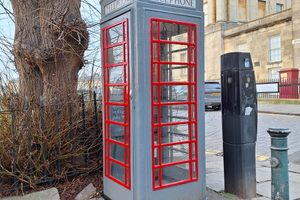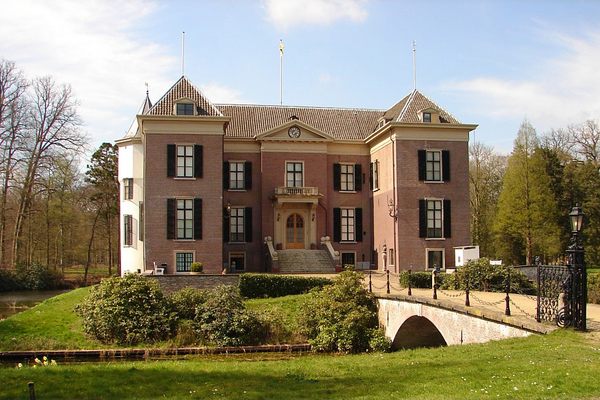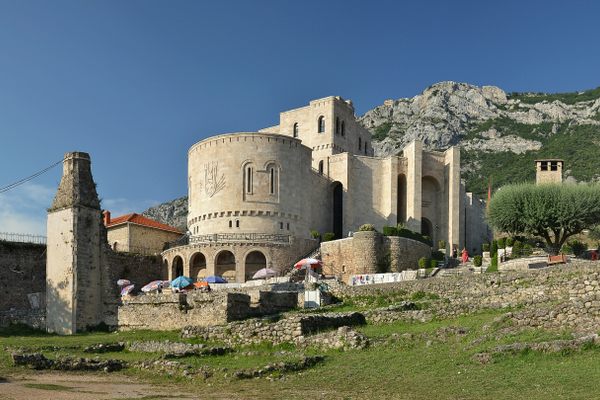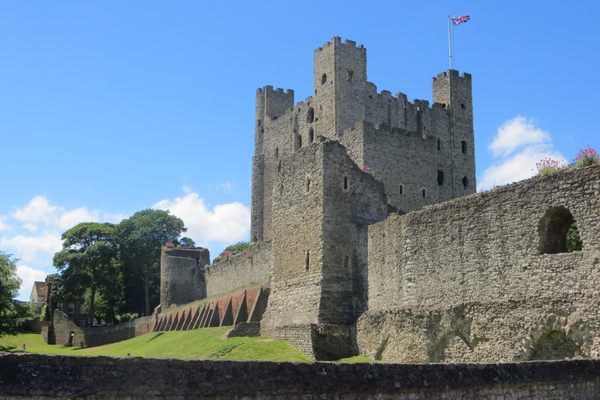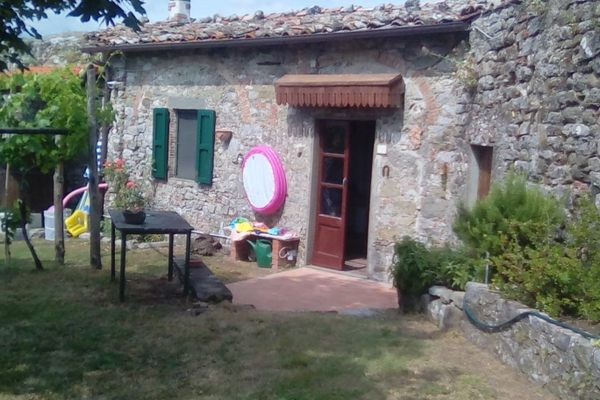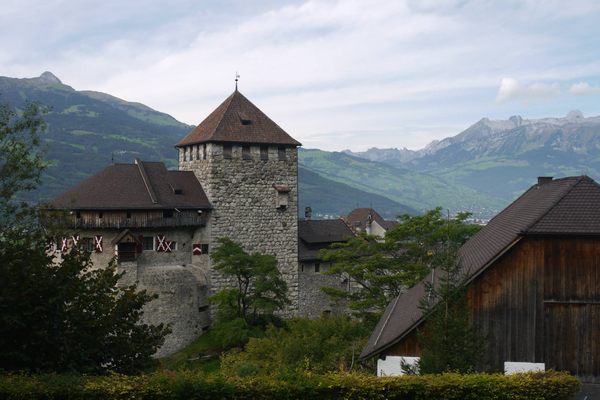About
At the end of a quiet country lane in Northumberland, England, stands one of English history’s most ill-advised property developments.
In 1290, Robert de Raymes, a wealthy landowner from Suffolk in southeast England, inherited half a dukedom in the scenic uplands of Northumberland, in the northern border country. Northumberland had been a quiet little backwater for two generations, ever since the King of England had installed a subservient vassal king to rule the neighboring Kingdom of Scotland. It seemed the perfect place for Sir Robert to splash some cash on a grand new manor house to astound his new neighbors.
Unfortunately for Sir Robert, shortly after completing his grand and opulent manor house at Aydon, the political mood of the region changed. The Scots deposed their subservient king, and by 1306, the new king, Robert the Bruce, along with freedom fighter William Wallace, lead rampaging armies across the border. Sir Robert found that his impressive new statement of wealth was in a war zone.
Having never been intended as a fortified structure, the manor house at Aydon was in a poor location from a defensive point of view. Most castles are located on hilltops, to disadvantage would-be attackers. One of the first things a visitor notices at Aydon is the unusual and unfortunate downhill approach from the north. Nonetheless, Sir Robert did what he could and set about fortifying his new house with an outer wall, crenelations, turrets, and arrow slits. It was not enough.
In 1315 the Scots, having laid waste to the surrounding countryside for a decade, finally captured the "castle," and within two years, the English army had retaken it. It was captured and recaptured four more times before its uselessness as a castle was finally realized. Eventually, by the 17th century, Aydon had become a farmhouse, and it remained so until 1963 when it was opened to the public as a visitor attraction.
Related Tags
Know Before You Go
Follow signs to the castle from the A69 Corbridge Bypass, or A68 Dere Street. The castle has a pay car park a short walk from the main gate. The parking fee is refundable in the castle visitor center.
Community Contributors
Added By
Published
July 2, 2019

































